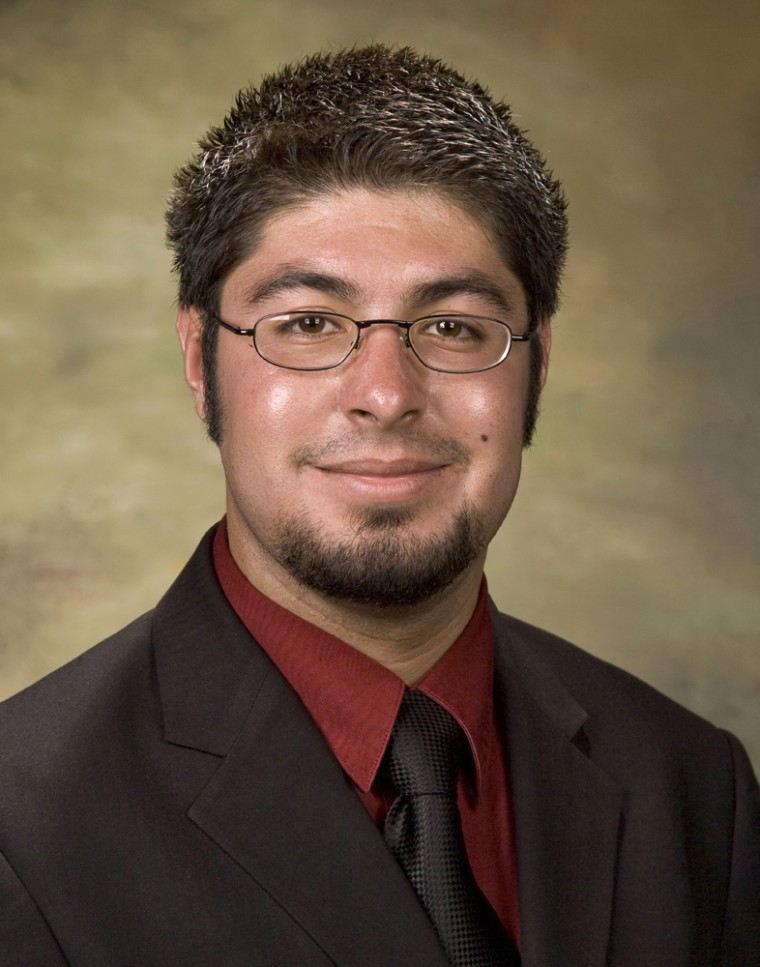The president of Fresno State University's student body acknowledged publicly that he is an illegal immigrant after an anonymous tip Tuesday to the college newspaper, according to a report Wednesday in the Los Angeles Times.
Pedro Ramirez attends the university on scholarships and pays in-state tuition. When he was elected as student body president last June, he told the administration he would serve without pay — a $9,000 stipend — because he could not lie on employment papers, the Times reported.
The disclosure comes amid a debate about whether the children of illegal immigrants, many of whom have spent their entire lives in the United States, should be given a path to citizenship or at least access to in-state tuition benefits at colleges and universities.
On Monday, the California Supreme Court weighed in whenit ruled that illegal immigrants are entitled to the same tuition breaks offered to in-state high school students to attend public colleges and universities. While the ruling applies only to California, the case was closely watched nationally because nine other states, including New York and Texas, have similar laws.
A unanimous state Supreme Court, led by politically conservative Justice Ming Chin, said the California provision was constitutional because U.S. residents also had access to the reduced rates.
The California Legislature passed the controversial measure in 2001, which allowed any student, regardless of immigration status, who attended a California high school for at least three years and graduated to qualify for in-state tuition at the state's colleges and universities. In-state tuition saves each state college student about $11,000 a year and each University of California student about $23,000 a year.
Ramirez, who came to the United States at age 3, told the Los Angeles Times that he didn't know he was not a citizen until he was a senior in high school.
"I knew my parents were from Mexico, but a lot of people's parents are from Mexico," he told the newspaper. "I grew up American."
Ramirez told no one of his status, other than college counselors and administrators, the newspaper reported. Many immigration advocates have been waiting to see if Congress takes up immigration reform, specifically the "Dream Act," which would create a path to citizenship for youth living in the country illegally who attend college or join the military.
"I just kept it within. One of those things you don't tell anyone," Ramirez told the Los Angeles Times. "But now I'm almost relieved to have to be open. Congress is about to vote on the Dream Act, which gives college students a path to citizenship. So, you know, here I am. It's me. I am one of the thousands whose fate is in their hands."
Ramirez, according to the Times report, said he would not resign his position unless the students who elected him demanded it.
Earlier this year, administrators verified Ramirez would break no campus or student leadership rules by winning the president position, but encouraged him to take on the role as a volunteer because he couldn't legally accept payment, said Paul Oliaro, university vice president for student affairs.
"I think it does suggest that even though a student may be undocumented, they have a lot to contribute to the campus and come with skills, knowledge and a willingness to serve," Oliaro said.
Democratic leaders in Washington, D.C., are mulling whether to try to pass immigration reform measures before they lose control of the House of Representatives in January.
During his re-election campaign, Democratic Senate Majority Leader Harry Reid of Nevada promised to try to get a vote on the Dream Act.
White House spokesman Luis Miranda said the administration welcomes any opportunity for Congress to take up the proposal. The legislation "is important to both our national security and our economy," Miranda said.
Meanwhile, retiring Republican Florida Rep. Lincoln Diaz-Balart is seeking a vote on proposed legislation giving states the option to allow illegal immigrant students to pay in-state tuition.
"Allowing undocumented students to attend primary and secondary schools but requiring that they pay out-of-state tuition for college creates an unfair financial burden," Diaz-Balart said.
The Los Angeles Times and The Associated Press contributed to this report.
